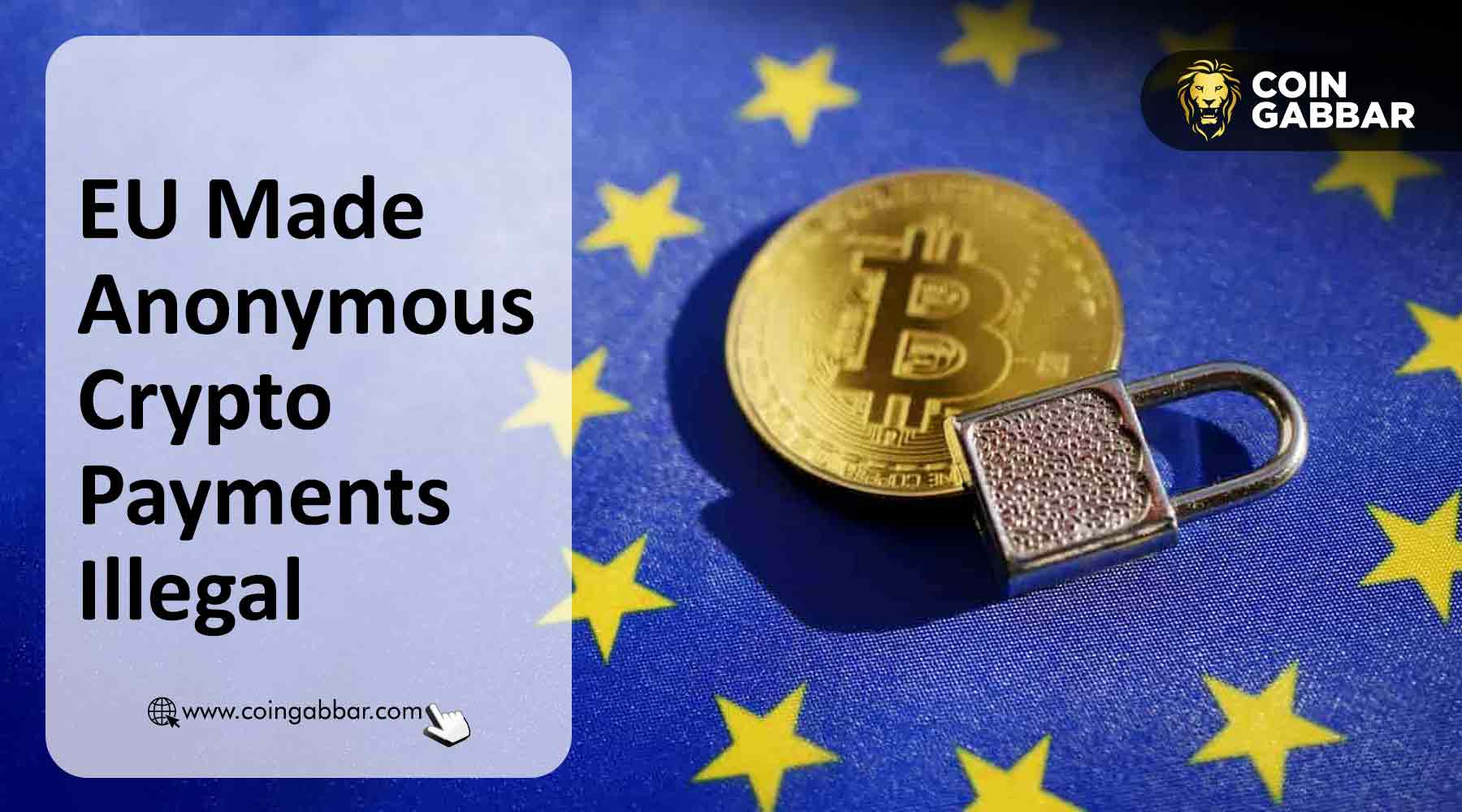
In a recent regulatory change in the European Union, The EU’s AML has made the use of unidentified and anonymous self-custody crypto wallets for cryptocurrency payments of any amount illegal and Banned it in Europeon Union. This decision is part of new anti-money laundering laws in the EU.
The majority of the EU Parliament's lead commission approved this prohibition as stated in a post by Patrick Breyer. Breyer, a member of the European Parliament for the Deutsch Piraten Partei, was one of the two leaders who opposed the approval. Gunnar Beck, representing the Alternative for Germany (AfD) party, was the other Parliament member who voted against it.
The European Union's recent ban on unidentified cryptocurrency wallets aims to bolster transparency and oversight in financial transactions, making it harder for illicit activities like money laundering and terrorism financing to occur unnoticed. By mandating identifiable crypto payments, authorities can better monitor and track transactions, reducing the risk of criminal exploitation within the crypto space. These regulations align with existing anti-money laundering frameworks, providing a cohesive approach to addressing emerging challenges.
While critics raise concerns about individual financial autonomy, proponents argue that the benefits of enhanced security outweigh the right to anonymous transactions. The EU seeks to strike a balance between privacy rights and the imperative of combating financial crime. Enforcement of these regulations is slated to begin within three years, although experts anticipate expedited compliance due to the urgency of improving financial oversight and security.
The new anti-money laundering (AML) laws in the EU pose several challenges for the crypto ecosystem. Firstly, banning anonymous transactions threatens to diminish privacy and anonymity, key features that attracted users to cryptocurrencies. Secondly, restrictions may hinder financial inclusion by excluding certain groups, impacting both users and developers who rely on privacy features. Additionally, stifling innovation could limit the growth and potential of the crypto space. Finally, the loss of anonymity might deter widespread adoption, affecting trust and investment. Overall, these regulations could lead to economic repercussions, discouraging investment and innovation in the crypto industry.
In conclusion, the implementation of the new anti-money laundering law will effectively ban cryptocurrency payments made through self-custody wallets. Most cryptocurrency networks function on permissionless systems, allowing anyone to generate a cryptographic private key for unrestricted access. This characteristic is fundamental to cryptocurrencies' core value proposition, offering a more inclusive, equitable, and accessible approach to finances without discriminating against users.
